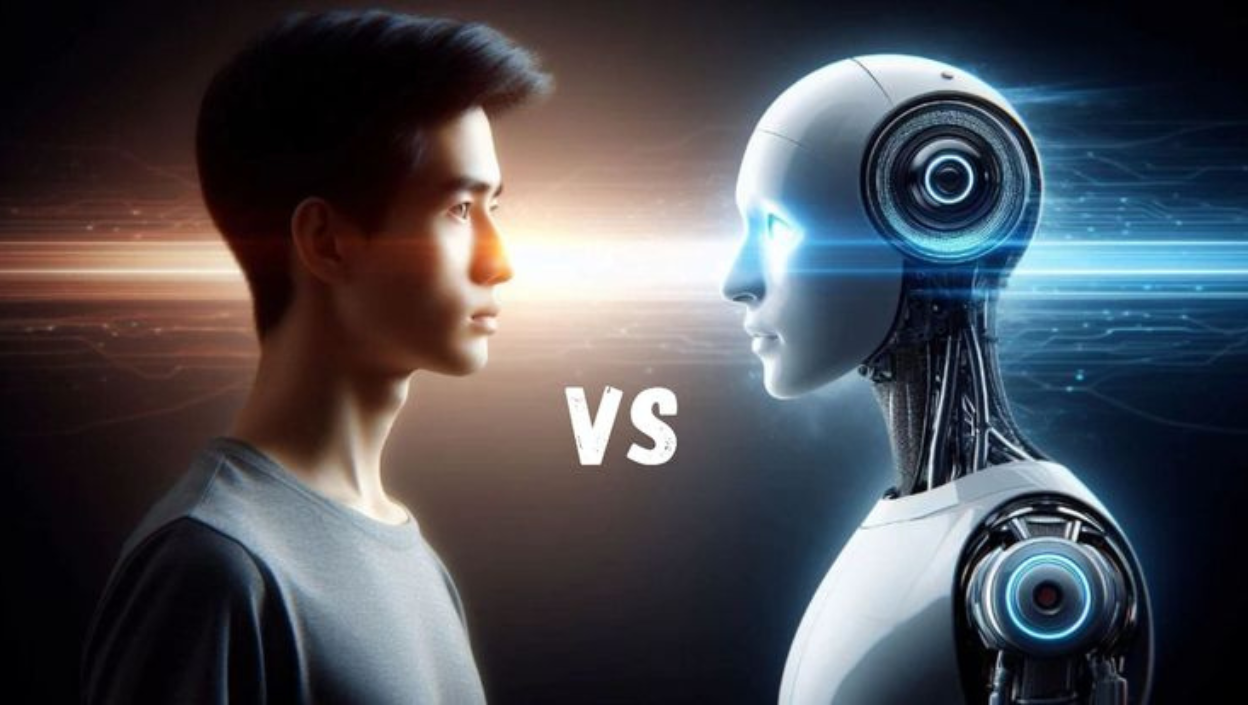Bio-AI Fusion: How AI is Merging with Human Biology
By Priyanshu | Publish Date: 4/24/2025 12:29:35 PM | Update Date:

Bio-AI Fusion: How AI is Merging with Human Biology
Imagine living in a world where your body and mind are linked to smart systems that make you heal faster, think sharper, and possibly even live longer. That world is no longer a far-fetched dream—it's already on the verge of becoming reality.
Welcome to the era of Bio-AI Fusion—where human biology and artificial intelligence converge in ways that are revolutionizing medicine, augmenting human capabilities, and pushing the limits of science and ethics.
What Is Bio-AI Fusion?
Bio-AI Fusion is the combination of artificial intelligence with human biology. It is the application of AI-driven tools, systems, and algorithms to improve biological processes, enhance healthcare, and even enhance human capabilities.
From translating genetic codes to brain-computer interfaces, this convergence is developing smarter, more responsive healthcare technology and new possibilities in human evolution.
Real-Life Instances of Bio-AI Integration
Though the idea seems futuristic, several uses of Bio-AI Fusion already exist today:
Neural Interfaces and Brain Implants
Neuralink and other companies are developing brain-computer interfaces that directly link neurons to AI systems. These implants may enable people to use digital devices with their minds, restore lost abilities, and even improve cognitive function.
Smart Prosthetics
Sensor-embedded prosthetic limbs, coupled with machine-learning algorithms, can adapt to the user's movements and, in real time, replicate natural movement and even grant a sense of touch.
AI-Powered Wearables
Future wearables are rapidly moving beyond just steps tracking. Smartwatches, biosensors, and other devices leverage AI to track heart rhythms, oxygen saturation, stress levels, and more—providing predictive notifications and real-time health advice.
Digital Twins of Human Organs
Researchers are employing AI to develop digital models of human organs for virtual simulation. The technique lets them test treatment in a "digital body" before it's applied to actual patients.
Changing Healthcare from the Inside
Artificial intelligence is revolutionizing healthcare in deep ways by personalizing treatment, speeding up drug discovery, and enhancing early diagnosis.
Personalized Medicine
AI can scan a person's genome, lifestyle information, and medical history to suggest highly personalized treatment plans. This results in improved outcomes and reduced side effects.
Drug Discovery
Artificial intelligence models can screen and pinpoint potential drug compounds in days—something that, previously, took years and billions of dollars. This has accelerated innovation in vaccines, cancer medicine, and the treatment of rare diseases.
Predictive Diagnostics
Machine learning models are increasingly being employed to diagnose diseases such as cancer, Alzheimer's, and cardiovascular conditions prior to the manifestation of symptoms, allowing for earlier, and potentially life-saving, interventions.
Ethical and Philosophical Questions
The convergence of human biology and AI also brings fundamental ethical and philosophical questions.
Where do we set the boundary between human and machine?
If AI can read and understand your thoughts, who owns the data?
Should AI decide about your health—or even your life?
The more embedded AI becomes in our biological processes, the more society needs to grapple with issues of consent, data privacy, and what it means to be human.
The Road Ahead
The potential of Bio-AI Fusion in the future is tremendous:
- Advanced physical and mental capabilities through implants or AI-based treatments.
- Increased, healthier lifespan backed by smart, preventive health systems.
- Wider access to quality healthcare among under-served populations through robotic AI solutions.
Yet, there are risks this future poses—excessive dependency on machines, unequal access, and misuse of biological information.
Conclusion
Bio-AI Fusion is not just a technology trend—it's a revolution in the way we live, heal, and grow. By fusing AI with human biology, we are not only transforming medicine; we are rewriting the definition of what it means to be human.


